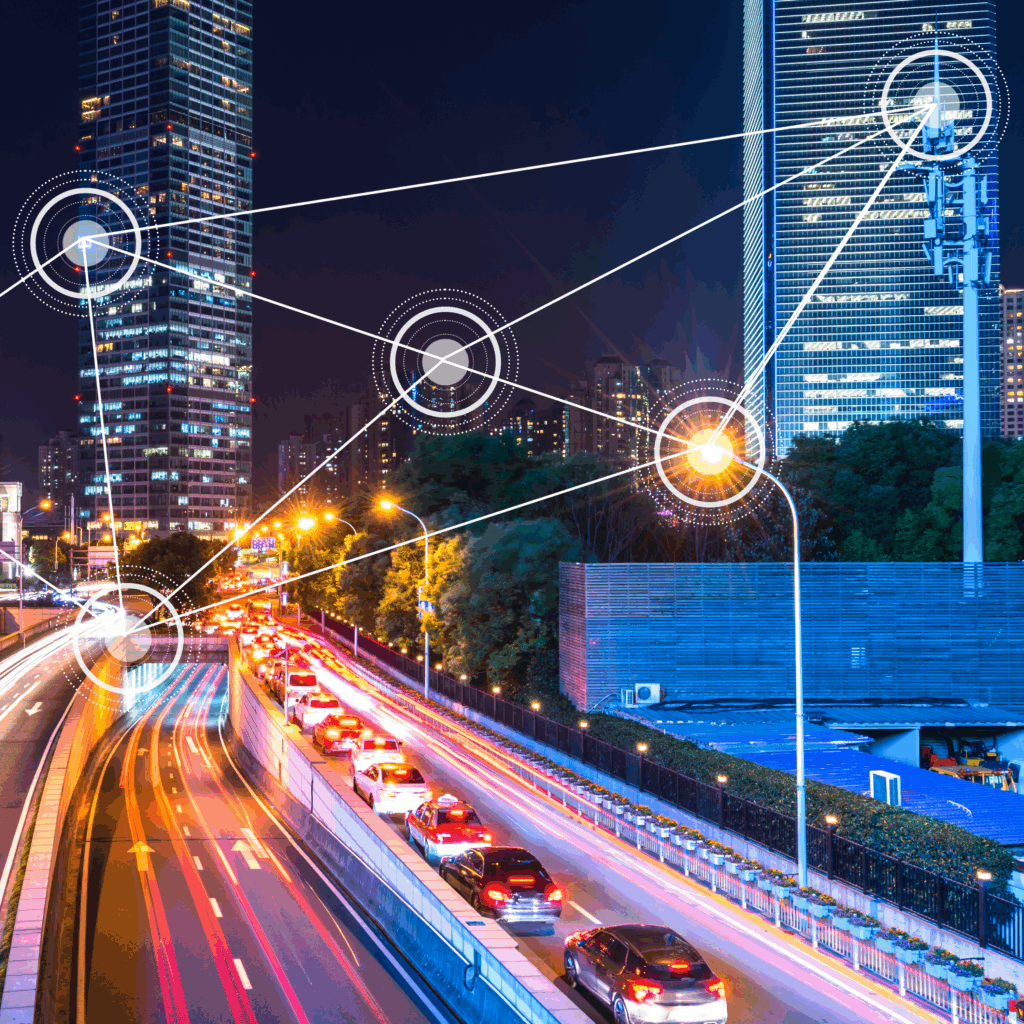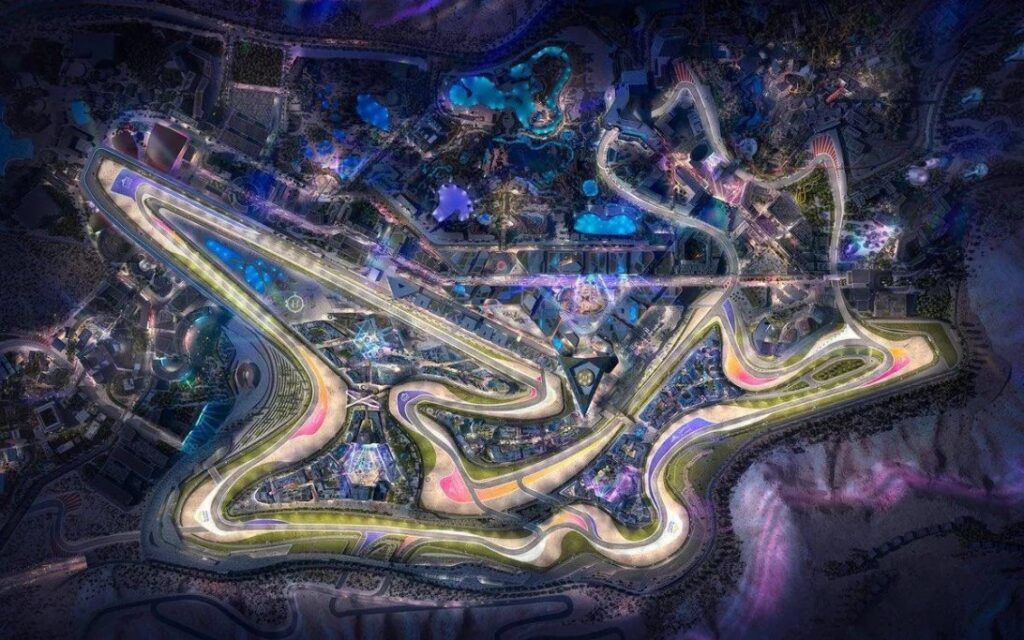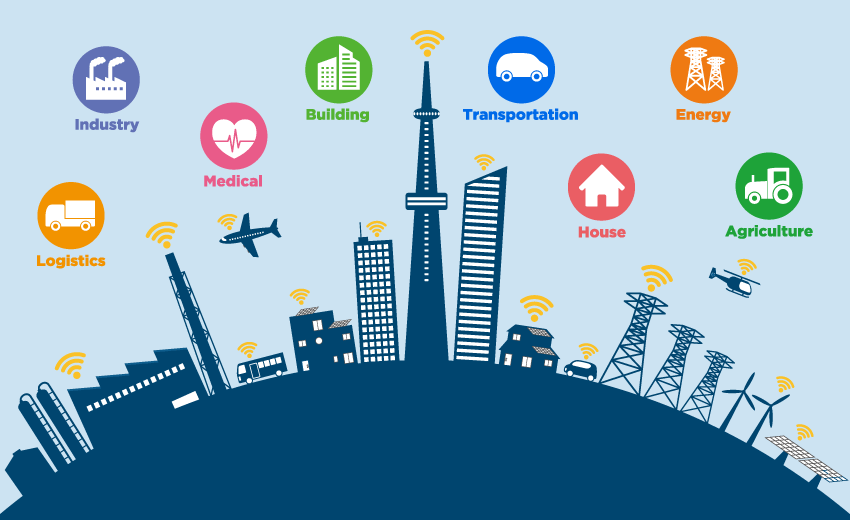The Rise of Smart Street Furniture
Smart urban furniture is no longer a futuristic idea. It’s already reshaping how cities function, making public spaces more efficient, connected, and user-friendly. From solar-powered benches with charging ports to intelligent waste bins that notify when full, smart urban furniture is becoming a critical layer in the infrastructure of smart cities.
As part of broader smart city initiatives across the Middle East and beyond, cities are adopting intelligent street elements to boost sustainability, optimize services, and improve the urban experience for residents and visitors.
What Makes Furniture “Smart”?
Embedded Sensors and Connectivity
Smart furniture includes IoT-connected devices such as sensors, wireless communication modules, and cloud platforms. These allow furniture to collect data, respond to environmental conditions, and interact with municipal systems.
Energy Efficiency Features
Many urban furniture pieces are powered by renewable energy. For instance, smart benches may feature solar panels that power lights, sensors, or device-charging outlets—reducing energy costs and promoting sustainability.
User-Centric Design
These intelligent pieces are not only functional but also enhance public services. From Wi-Fi hotspots to air quality monitors and real-time bus information screens, smart urban furniture is built to serve people better.
Use Cases: Smart Street Furniture in Action
Smart Benches: Connectivity and Sustainability
Cities like Riyadh and Dubai are already exploring smart benches with USB charging, solar energy capabilities, and Wi-Fi access. Some even track foot traffic or environmental metrics like UV exposure, offering valuable insights to planners.
Connected Waste Bins: Smarter Sanitation
Overflowing bins are both a nuisance and a health hazard. Smart bins solve this problem by monitoring fill levels and sending alerts to waste management teams, helping reduce unnecessary pickups and ensuring cleaner streets.
Intelligent Street Lighting: Efficiency and Safety
Streetlights equipped with motion sensors can dim when no one is around and brighten as people approach. They can also monitor air quality or detect accidents, providing real-time data to urban control centers.
Benefits of Deploying Smart Urban Furniture
Operational Efficiency and Cost Savings
Smart elements reduce maintenance needs and optimize staff workflows. Cities can save on energy, labor, and operational expenses while offering better services.
Data-Driven Urban Management
Because smart urban furniture feeds data into central systems, it allows city officials to make evidence-based decisions, for example, identifying high-traffic areas to improve public transport routes.
Enhanced Public Experience
From comfort to connectivity, this technology improves everyday city life. Residents gain access to cleaner, safer, and more responsive public spaces.
Challenges and Considerations
Interoperability with Existing Systems
To deliver real value, smart furniture must integrate with urban IoT platforms. Cities need clear strategies to avoid data silos and ensure seamless communication between devices.
Privacy and Security
Connected furniture collects sensitive data such as location and usage patterns. Therefore, data privacy and cybersecurity measures must be in place to protect citizens and systems alike.
The Road Ahead: Designing Human-Centered Smart Cities
As cities evolve, smart furniture will play an increasingly central role. It embodies a shift from static infrastructure to adaptive and interactive environments, tailored to the needs of people.
Governments and developers who invest early in smart urban furniture will not only improve their service delivery but also build more resilient, livable cities for the future.
Final Thoughts
Smart urban furniture is more than a design trend—it’s an essential component of next-generation infrastructure. As MTi Arabia supports regional smart city projects, embracing this technology reflects our commitment to innovation, sustainability, and human-centered urban development.For more insights on IoT and smart city innovation, follow our blog and connect with our team.



